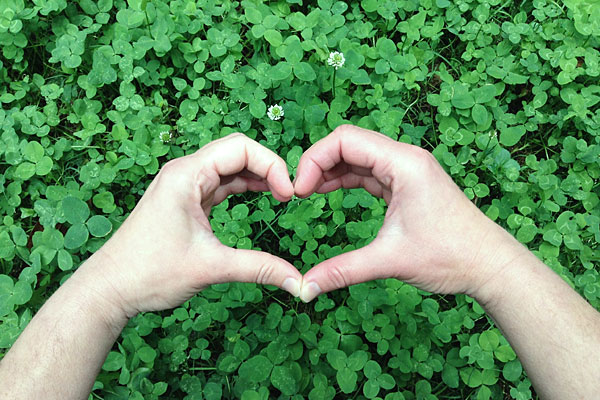Maintaining a Low-Waste Lifestyle During COVID-19
Sustainability is a priority at the University of Georgia and for many students, faculty and staff. If COVID-19 has you concerned about maintaining a low-waste lifestyle or perhaps has you rethinking some of your habits, we’re here to help and support you.

Food choices
The ways in which we obtain, use, and dispose of food are central to the topic of sustainability. Do keep in mind that this is a temporary and stressful time. Not all of these tips will be useful for everyone depending on their individual circumstances, but we hope they will address some common concerns that arise when we are faced with changes in our lives.
Food packaging
Opt for produce with minimal packaging, and skip placing loose produce items into plastic produce bags. Washing your produce at home with clean water is adequate to remove any dirt or pesticide residue on the item. Check out these tips from University of Georgia Extension on COVID-19 and food safety.
Shop locally
Eating food that has been produced locally or regionally reduces your carbon footprint by decreasing the energy used to transport the food from its point of origin. Some grocery stores label local food items with special signage, but you can also find the location a product was grown on any stickers or labels present on the item.
Feeling extra or seeking a relaxing hobby? Plant a windowsill herb or vegetable garden and grow your own!
Eat efficiently
Cook the amount of food you anticipate eating or have a plan for using up leftovers. Turn leftover rice into fried rice or a casserole. Leftover pasta can make pasta salad for lunch the next day or yep, another (different!) casserole. Add leftover beans into soup or chili. Toast stale bread into croutons or bread crumbs. Roast wilting peppers or tomatoes in the oven to turn them into something delicious. And don’t limit yourself to traditional meals; want a leftover enchilada for breakfast or waffles for dinner? Go for it. Enjoy being creative and knowing that even if you don’t love the outcome, you saved money and kept edible food out of the trash.
Reusable grocery bags
Some stores are not permitting the use of reusable bags due to infection control concerns; others are permitting them if you bag your own groceries. Check with your store for their policy, and read up on some of the nuances of answering the question, “paper or plastic?” As always, be sure to toss your reusable bags in the wash after using to keep them clean. Many grocery stores have bins to recycle plastic grocery bags, or you could set them aside to reuse in the future as trash can liners or picking up after a four-legged friend. Please note, the Centers for Disease Control and Prevention have not issued any guidelines specific to bag use or reuse, but researchers have found that the virus is detectable at less than 0.1% of starting material after 72 hours on plastic.
Offset waste in other ways
Ride a bike instead of driving (hop on a Bulldog Bike!), study outside in the sunlight instead of indoors, or start a craft project with cans, bottles, or other single-use items. Check out some ideas for DIY bird feeders, turning old t-shirts into yarn, or calming glitter jars.
Repurpose
Keep items out of the landfill by repurposing them. In some cases, this will have an added bonus of reducing the amount of disposable products you use. Worn out t-shirts, towels, or sheets can be cut up and used as cleaning rags in place of paper towels. Save and clean glass jars from pasta sauce, pickles, or olives to store leftovers or pantry items instead of buying plastic storage containers.
Written by: Beth Kindamo, Nutrition Education Coordinator, UHC Health Promotion
